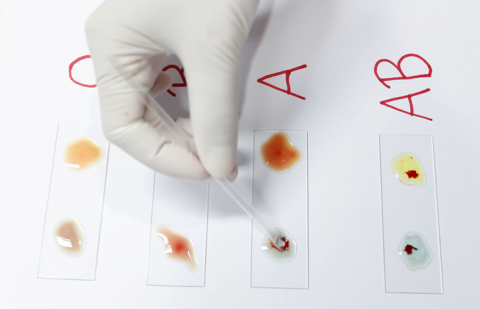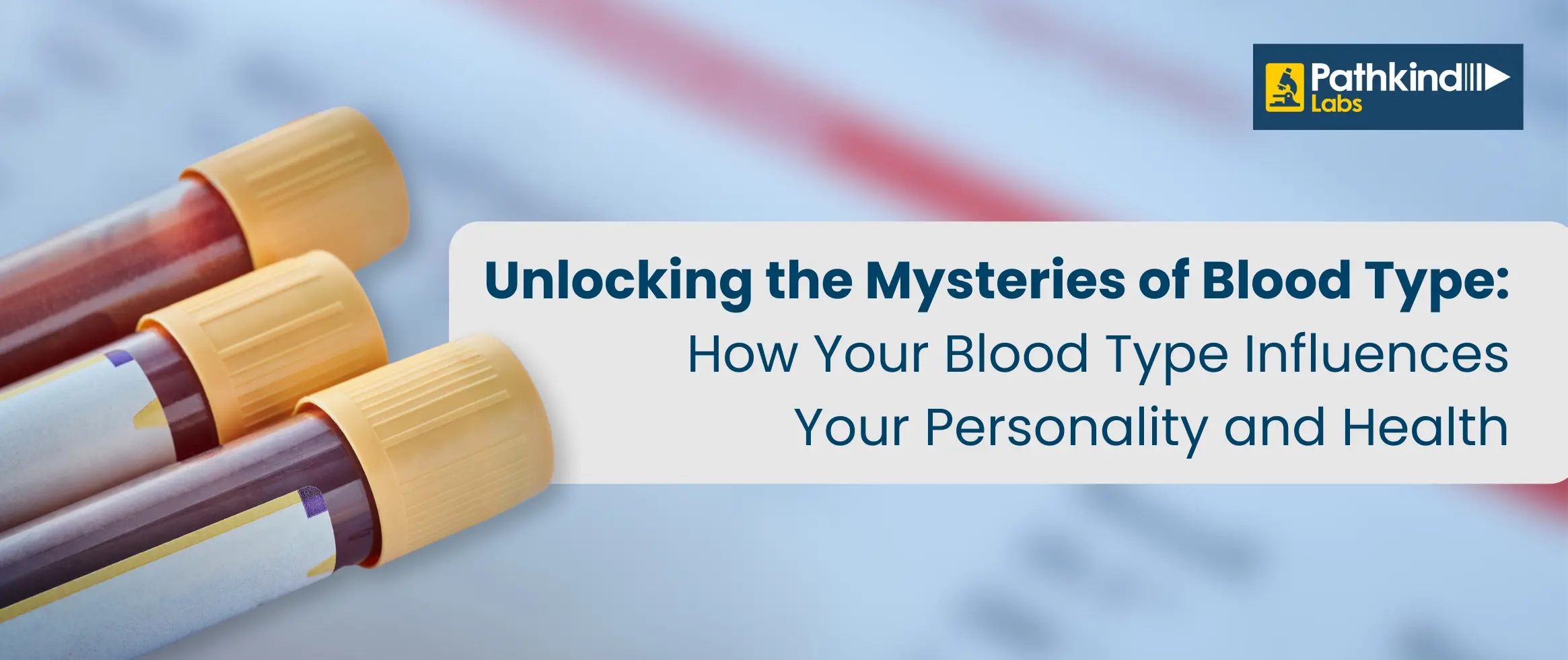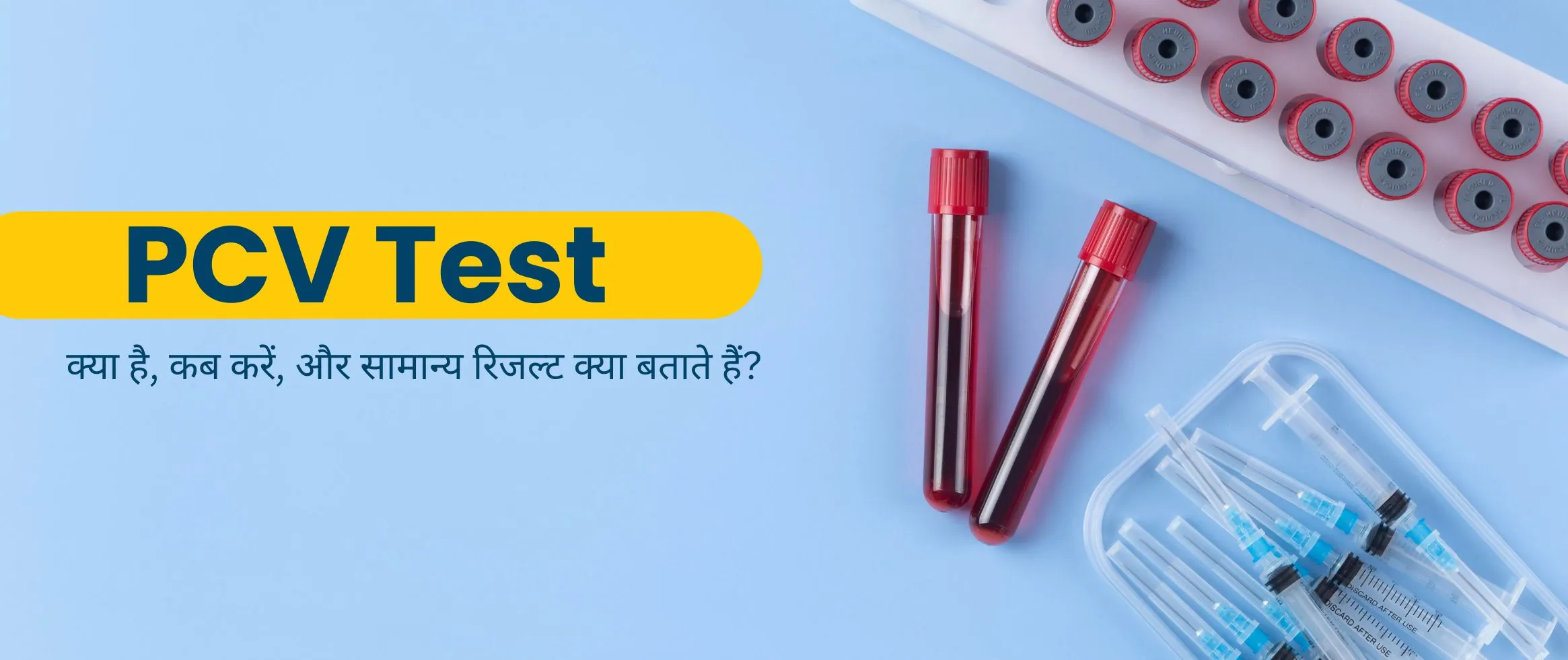Blood Group

Gender for Male, Female

Report Tat
2Hrs Same Day
No special preparation required

Sample Type
Whole Blood EDTA
Test Overview
Blood Grouping Rh (D) Typing Test
The Blood Grouping Rh (D) Typing Test checks if a person has the Rh factor (Rhesus factor) in their blood. This factor is a protein on red blood cells that determines if someone is Rh-positive (Rh+) or Rh-negative (Rh-). The ABO system categorizes blood into A, B, AB, and O groups based on specific markers on red blood cells. Each type can be either Rh-positive (Rh present) or Rh-negative (Rh absent), as determined by the Rh system.

 NABL approved
NABL approved Labs
 Most Trusted by
Most Trusted by Doctors
 Accuracy &
Accuracy & timely reporting
 Widest Range
Widest Range of Tests
Test Details
Frequently asked questions
Rh typing determines the presence or absence of the Rh antigen on red blood cells, crucial for identifying potential Rh incompatibility during pregnancies and blood transfusions.
No, an individual's blood type remains constant throughout their life. It is determined by genetic factors inherited from parents.
Knowing the blood type ensures compatibility, preventing potentially life-threatening reactions between donor and recipient blood.
Rh incompatibility between a Rh-negative mother and Rh-positive baby can lead to haemolytic disease of the newborn (HDN), causing severe complications in subsequent pregnancies.
Yes, there are various blood group systems, but the ABO system, along with the Rh factor, is the most clinically significant for blood typing.
Type O negative individuals are universal donors for red blood cells, but they can only receive type O negative blood.
Rh typing specifically determines the presence of the Rh antigen, while ABO blood grouping identifies the A and B antigens on red blood cells.
Rh-negative pregnant women may receive Rh immunoglobulin to prevent the development of antibodies against Rh-positive blood.
Yes, matching blood types between organ donors and recipients is critical for the success and safety of organ transplants.
Blood typing is performed not only in emergencies but also as a routine part of prenatal care, blood donations, and organ transplant evaluations to ensure optimal patient outcomes.




















